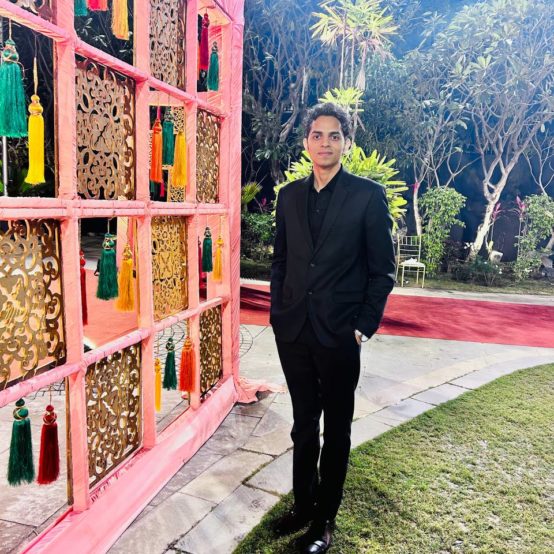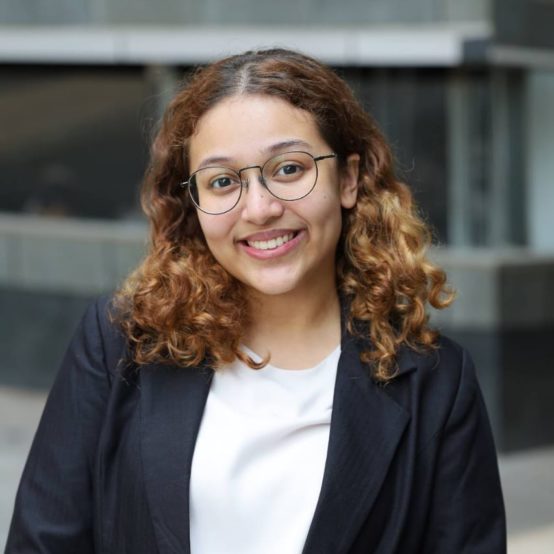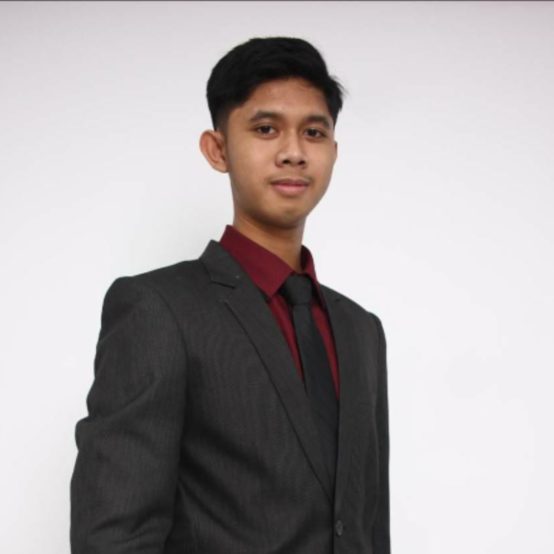Future Leaders Program
A leadership program to inspire university students worldwide to do well and to do good. A problem run by the students for the students.
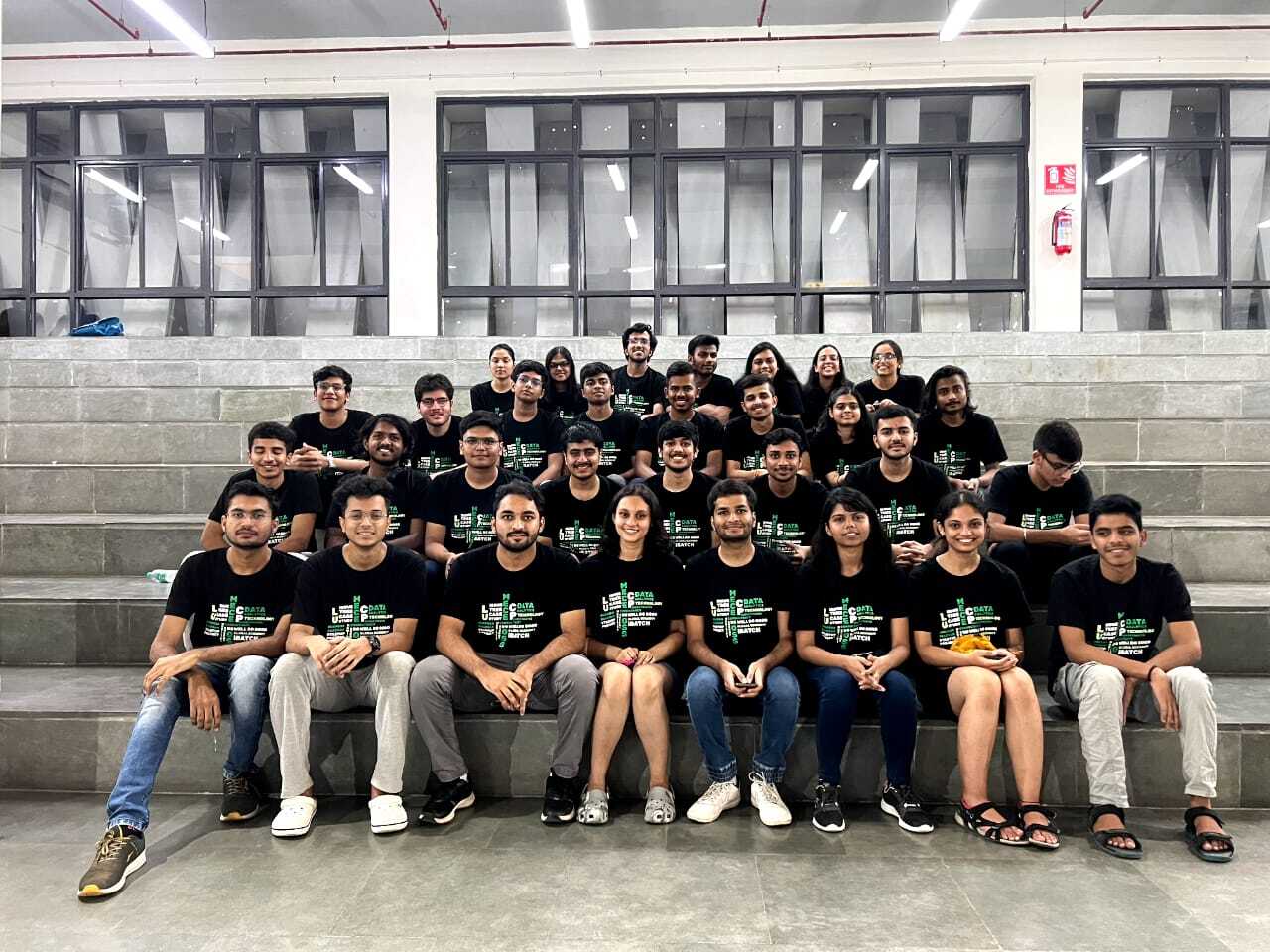
Program overview
The Future Leaders Program is a free 22-week curriculum (12 weeks for junior members and 10 weeks for seniors) for university students worldwide. Students go through a series of intensive trainings, assignments, project based learning to develop and enhance their do well do good leadership and application skills.
Throughout the program students get to apply their learning’s and skills on conducting research, solving a social challenge and working on a mini strategic project with start-ups. Students get to deep dive on issues related to Do Well Do Good topics.
The Future Leaders Program is adjusted to the local context to ensure students can balance their time between the program and their academic curriculum. The program is self-driven by the core team and students who come together regularly to share their research findings, presentations, feedback thereby instilling the ethos of team work, collaboration, communication and leadership skills.
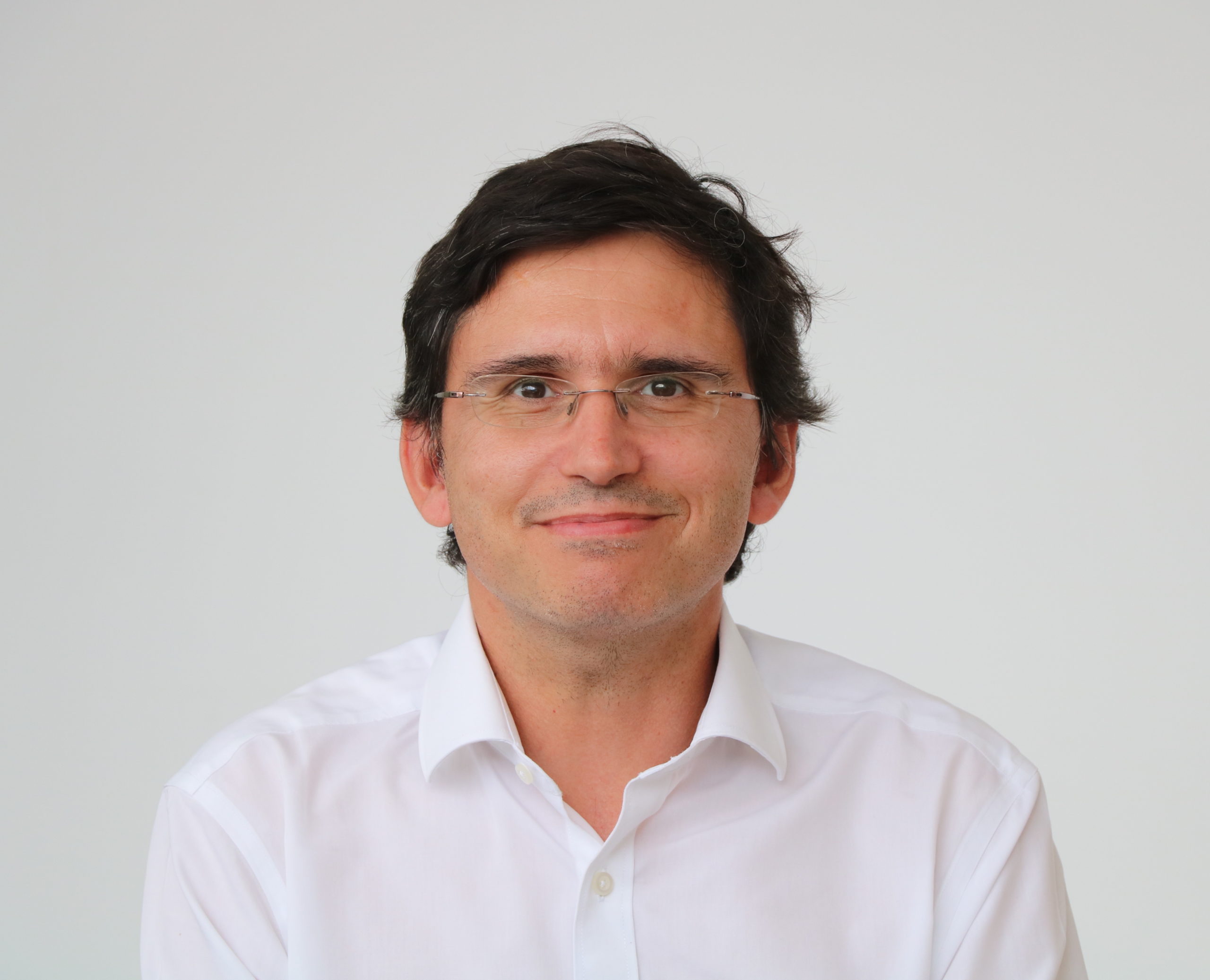
“You do not need to be a hero to change the world. Through the Future Leaders Program, we hope to inspire you to embrace careers where you will be able to do well and to do good at the same time.”
Sébastien Frendo, Founder and CEO of Do Well Do Good.
Our presence
2 300+ Students
3 000+ Alumni
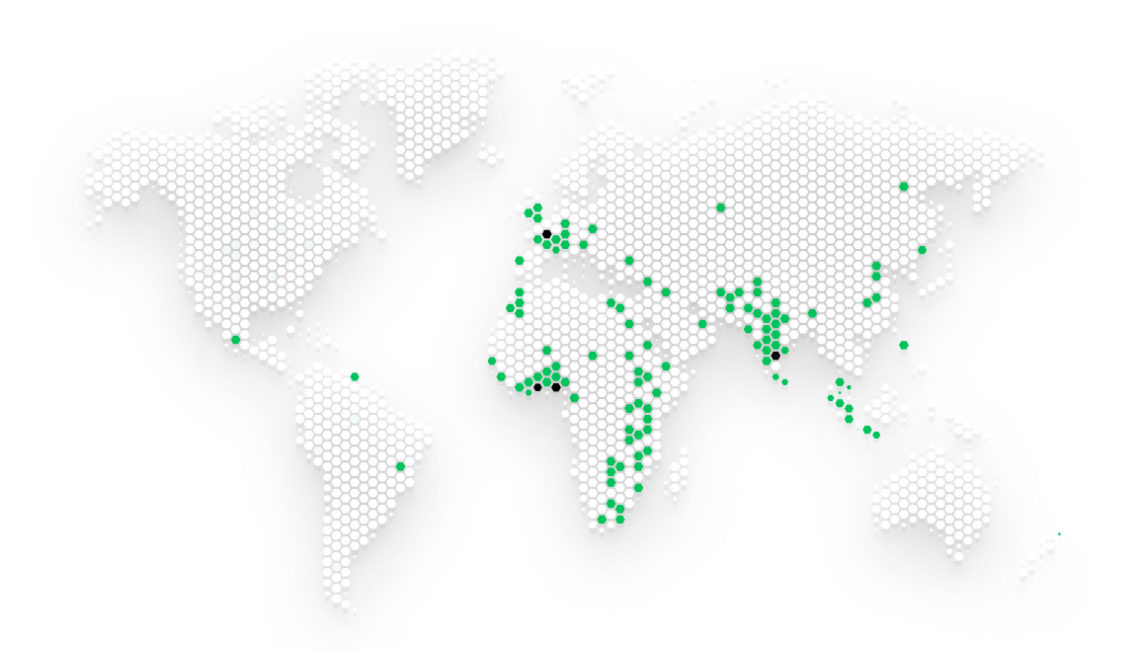
Student and Alumni Presence Worldwide
EUROPE & AMERICA
France
- ESSEC
Portugal
- UP
Serbia
- University of Belgrade
Switzerland
- EPFL
United Kingdom
- LSE
Russia
- MISiS
Brazil
- UFMG
Mexico
- Tec de Monterrey
USA
- University of Chicago
Venezuela
- UCAB
AFRICA
South Africa
- University of Cape Town
Benin
- UAC
Botswana
- University of Botswana
- BIUST
Cameroon
- BUEA
Egypt
- Ain Shams University
- Cairo University
- Alexandria University
Ethiopia
- AAU-School of Commerce
- AAU-School of Law
- AAU-Institute of Technology
- Jimma University
Ghana
- Ashesi University
- KNUST
- Legon
- UPSA
Gambia
- University of Gambia
Ivory Coast
- INP-HB
Kenya
- JKUAT
- Kenyatta University
- Strathmore University
- University of Nairobi
Lesotho
- National university of Lesotho
AFRICA
Malawi
- MUBAS
- University of Malawi
Morocco
- ENCG-Settat
- ISCAE
Mozambique
- Eduardo Mondlane University
- Sao Tomas
- UJC
Niger
- ADU
- UAM
Nigeria
- Covenant University
- Obafemi Awolowo University
- University of Ibadan
- University of Lagos
Rwanda
- University of Rwanda
Senegal
- ESP-Dakar
Tchad
- ENS N’djamena
Tanzania
- SUA
- University of Dar es Salaam
Uganda
- Makerere University
Zambia
- Copperbelt University
- Mulungushi University
- University of Lusaka
- University of Zambia
Liberia
- University of Liberia
ASIA
Bangladesh
- BUET
China
- Fudan University
- Hong Kong University
- Peking University
- Renmin University of China
- Xiamen University
India
- BITS-Goa
- BITS-Pilani
- IIFT
- IIM-Ahmedabad
- IIM-Bangalore
- IIM-Calcutta
- IIM-Indore
- IIM-Kozhikode
- IIM-Lucknow
- IIT-Bombay
- IIT Bhubaneswar
- IIT-Delhi
- IIT-Kanpur
- IIT-Kharagpur
- IIT-Madras
- IIT-Patna
- IIT-Roorkee
- IIT-Ropar
- IIT-Varanasi
- SRCC-New Delhi
- St. Stephen’s
- TISS
ASIA
Indonesia
- Binus University
- IPB
- ITB
- ITS
- TSM
- UGM
- UI
- UNPAD
- UNAIR
Pakistan
- IBA
- LUMS
Philippines
- UPD
Singapore
- NTU
Sri Lanka
- University of Peradeniya
WHY JOIN
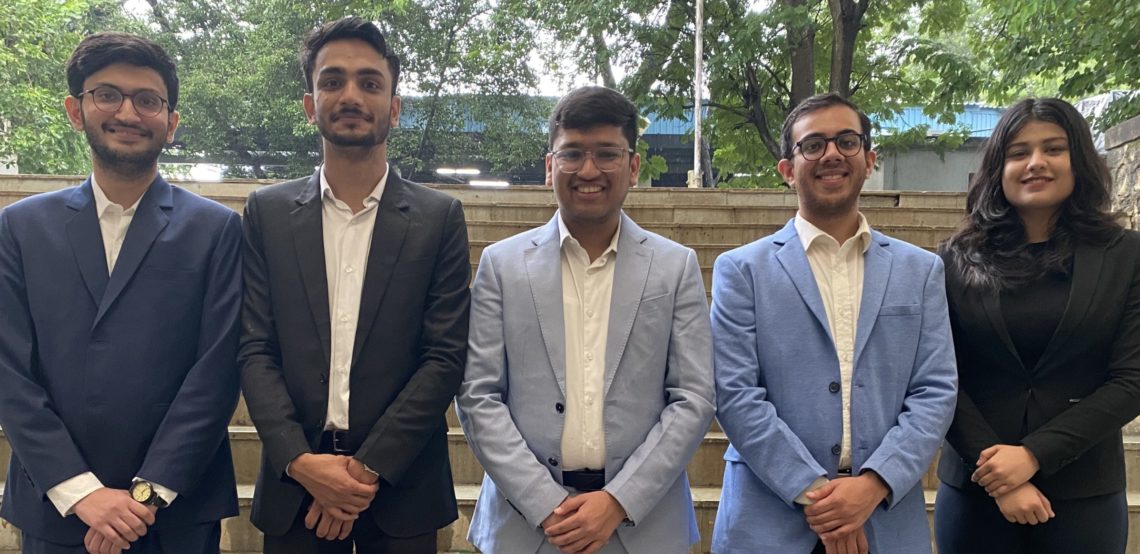
Get trained
Receive training on do well do good concept, leadership skills and its application through various projects, assignments and group activities. Deep dive to build knowledge, research and apply them on the projects focused on the expertise networks.
Develop professional experience
Work on case studies and learn how to apply the do well do good concept on companies, projects and start-ups. Receive feedback from team members. Work on a real mini strategic project with a start-up, conduct interviews and administer a carbon footprint calculation for the start-up.
Join a community
Interact with students worldwide and exchange knowledge, ideas and work together. Join the growing alumni community of Do Well Do Good Future Leaders and stay connected.
PROGRAM MODULES
The program has 3 core modules where you will learn and apply the Do Well Do Good concept through different activities.
Do well Do Good Case Studies
(2 weeks)
Understand and apply the do well do good concept on two case studies.
Get to share with your team members during weekly meetings.
Receive feedback on your presentation from team members.
Do Well Do Good Strategic Presentation
(4 weeks)
Learn and apply problem-solving skills on a do well do good topic to prepare a high-quality slide presentation.
Join to participate and deep dive on any expertise networks like Climate, Energy, Mobility and Circular Economy.
Do Well Do Good Start-up Project
(6 weeks)
Find a Do Well Do Good start-up in or outside your country and work together in groups of 5-7 on a project.
Conduct a carbon footprint assessment for the start-up.
Practice problem-solving and strategic skills on a mini project.
Note: We encourage the team to find start-ups that the students can work with, however, we do have an alternative option should certain groups face challenges in identifying start-up projects.
Do Well Do Good Leadership
(10 weeks)
Recruitment and on-boarding of the next batch.
Mentor and coach the new team.
Demonstrate leadership qualities through weekly meetings, events, competitions, networking and many more.
Learning Methodology
The Future Leaders Program is implemented in universities by the students themselves who receive guidelines, materials and access to the Do Well Do Good platform. Students cannot join individually. They need to create a team of 20-40 students from the same university to run the program.
Students are grouped into smaller teams according to the expertise networks and meet weekly to discuss, debate and give feedback.
Students spend more than 60% of their time on projects so they can sharpen their skills through practice.
As senior members students mentor, coach and help recruit the next team. This is the best way to ensure concept and skills have been fully acquired and demonstrated.
JOIN OUR PROGRAM
Students cannot participate in our program individually. They must be a part of a team (between 20-40 members). This ensures a dynamic learning environment where students can collaborate, support one another, and collectively grow throughout the 22 weeks. A university cannot have more than one Future Leaders Program chapter. The chapter is completely run by students with minimal support from the Do Well Do Good team.
This process is only for new teams. If a chapter already exists in your university, contact the core team directly. New teams will follow this process:
Step 1: Form a core team of 5-7 members
Step 2: Complete the express of interest form
Step 3: Receive access to the Recruitment Google Classroom which will support the core team in the recruitment of the rest of the team (a total team size of 20-40 is encouraged)
Step 4: Submit the final list of students and begin the program! Students will receive access to the Program Google Classroom
Step 5: Complete the mandatory junior modules
Step 6: Handover to new core team and recruit junior members
Step 7: Complete the senior module and graduate from the program
Please note: We do not collect any information beyond basic details and will never ask for bank-related or sensitive financial information. The core team is responsible for complying with local laws, and Do Well Do Good is not liable for any data leakage.
We are eager to expand our impact to universities worldwide and invite more students to join us.
How to begin:
Form a core team of at least 5-7 members to be eligible for starting a chapter.
Complete the Expression of Interest form.
Once you submit the form, you will receive an email with details of next steps.
Recruit the rest of the team (between 20-40 members)
Please note: We do not collect any information beyond basic details and will never ask for bank-related or sensitive financial information. The core team is responsible for complying with local laws, and Do Well Do Good is not liable for any data leakage.
Selection process of the rest of the team:
The core team drives the program and has the responsibility of the recruitment process on campus using the materials and guidelines provided by us. They organize an intensive recruitment process that students must complete to be selected for the program. This may include an application, group discussions and interviews.
We expect all Future Leaders to dedicate approximately 3 hours weekly to the program throughout its duration.
Typically, a student spends about 1 hour on e-learning, 1 hour working on assignments, and 1 hour to attend the weekly meeting on campus, which is compulsory. The core team members might spend 1 hour more to organize the team.
To receive the certificate and become a part of the alumni community, students must successfully complete all four modules.
Student Testimonials
FAQ

